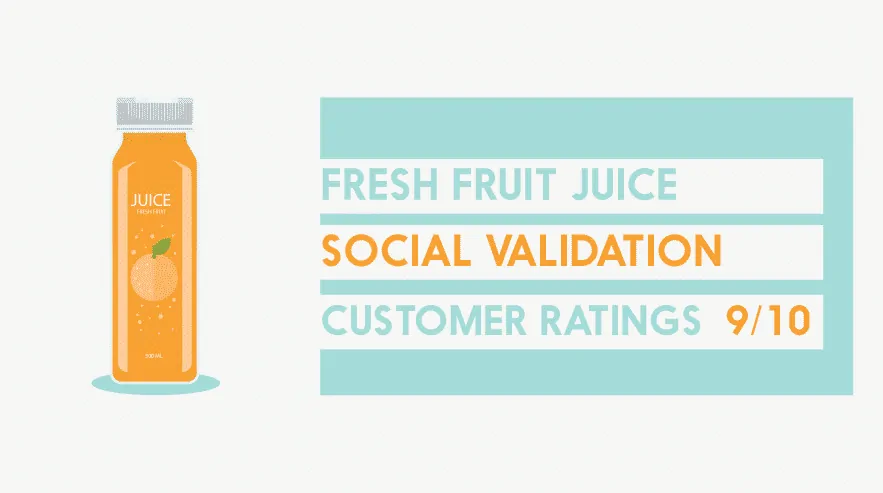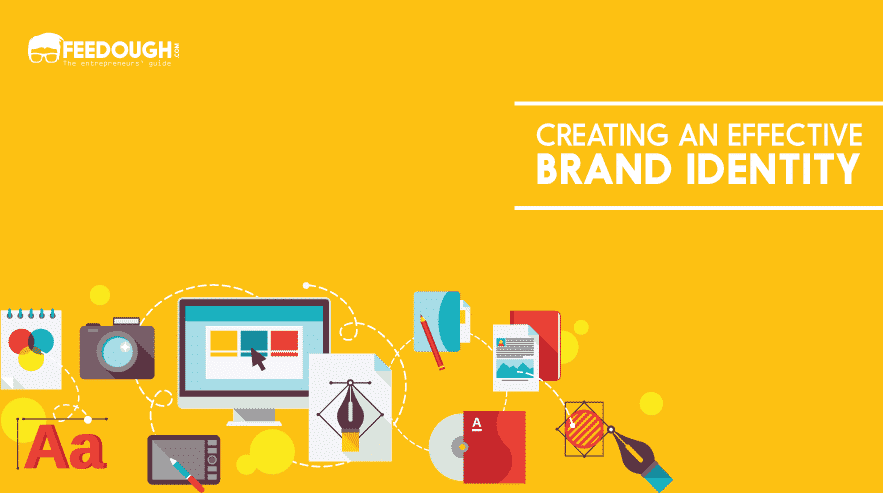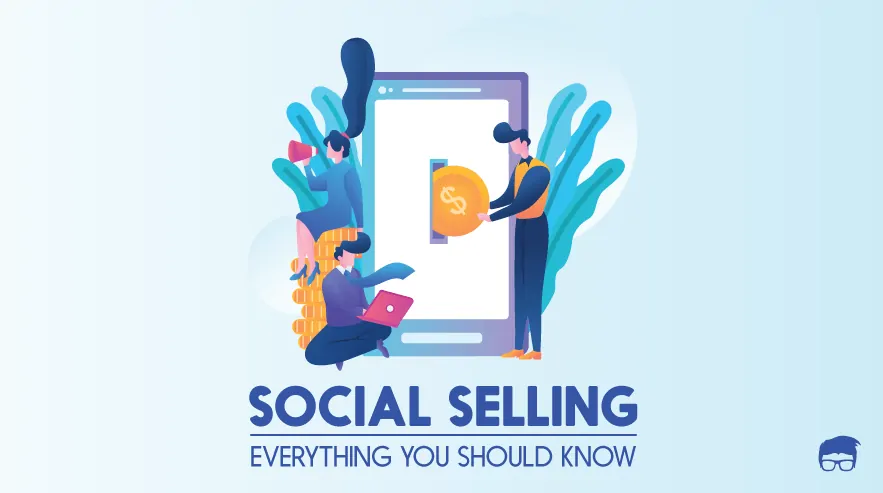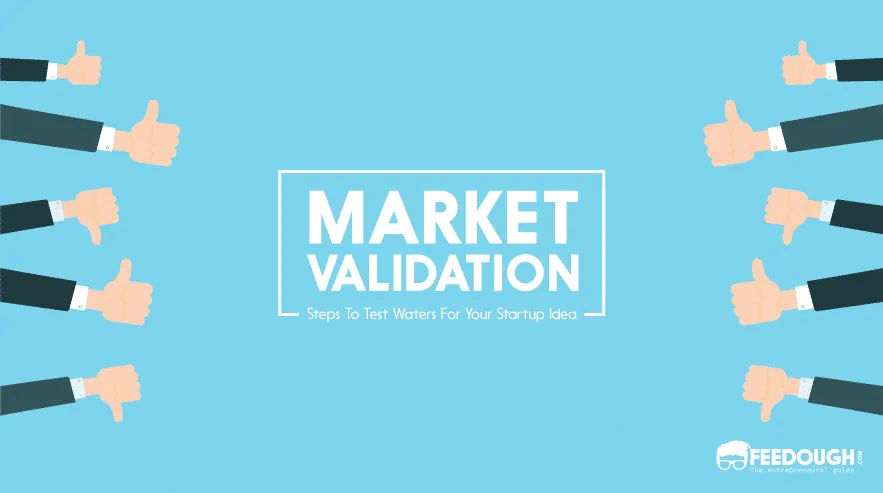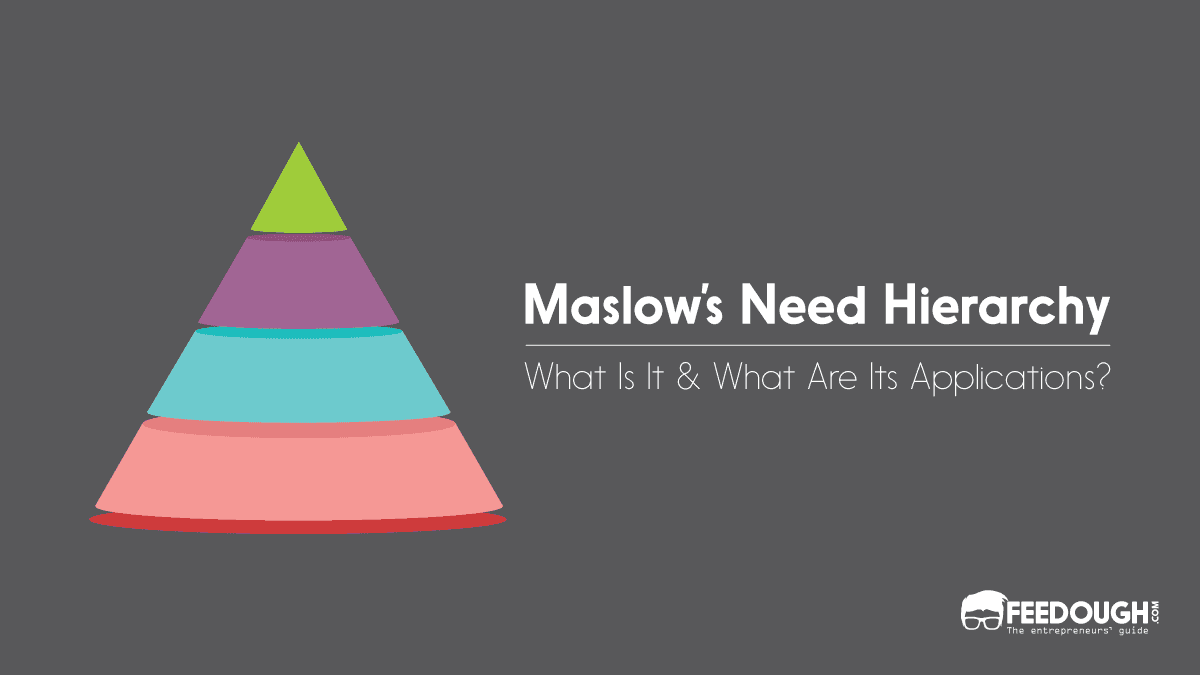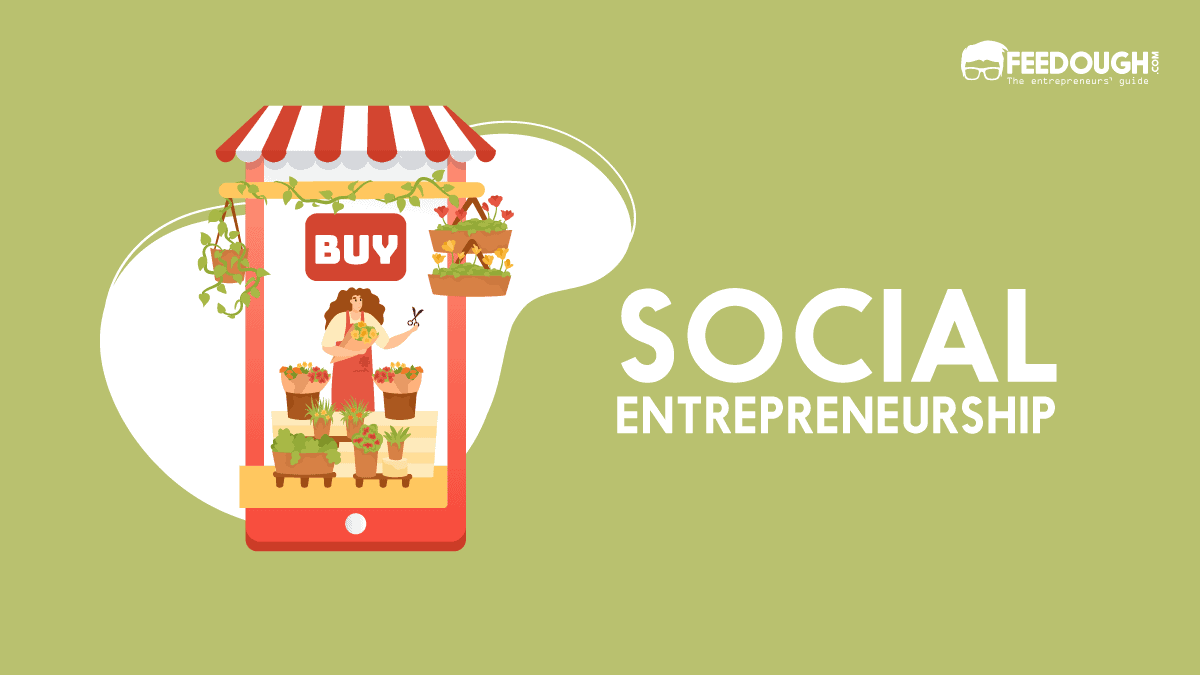Spoiler alert! It’s not what you think.
If you have been subjected to an entirely new environment– say, a completely new city, not knowing how to conduct yourself, chances are that you have observed what everyone around you does, for social cues, and followed them.
When meeting someone new, if you have subconsciously mimicked their body language or posture to try to ‘fit in’ or accommodate to the environment, it is highly probable that you were seeking social validation, even if you didn’t really realize it.
What Is Social Validation?

From a psychological point of view, social validation simply refers to conforming to a group and following the actions set by the said group in order to gain their trust and ‘fit in’.
If you have heard of the proverb ‘When in Rome, do as the Romans do’, or an alternative, ‘When in Rome, do as the Pope does’, then you already know what social validation is all about.
In the simplest terms, social validation is about conforming to the conventions of the current environment that you are in, in order to be a part of an inclusive group. We often adapt ourselves to the situations to fit in, even if we do not always realize it.
When we are uncertain about what to do we will look to other people to guide us. And we do this automatically and unconsciously.
Social validation, taken in the context of business and marketing, has a slightly different meaning. However, it retains the same principles of conformity and similar behaviour among the group. For instance, if a certain critic or consumer leaves a good review online for a product that they purchased, chances are that people who read this review will also purchase the same product.
But, with the rise of social media and self-promotion, consumers have become increasingly sceptical. Who is reliable and who is not? How to ensure that your consumers find you credible, while also reaching out to more of them?
The answer is simple. You can achieve this via social validation.
Why Is Social Validation Important?
Let us compare two scenarios here, for the same product:
- Noted celebrities such as Vanessa Hudgens, Dove Cameron, Hannah Stocking, Kylie Jenner and Emily Ratjkowski, have been endorsing the gluten-free, cruelty-free, vegetarian and vegan gummies, ‘SugarBearHair’ vitamins that provide nutrients for healthier hair.
- The ratings and reviews on SugarBearHair’s website largely consist of 3 to 5 stars, with an average of 4.8 stars. Furthermore, people who have used the product have also highly recommended it to others.
Out of these two scenarios, which one do you find more credible? Which of these scenarios would convince you to buy the product?
If your answer is the second scenario, where you choose to try the product for yourself after reading what the customers have to say about it themselves, it means that you are following the social cues that will help you make a decision.
Social validation works on the principles of liking and conformity. When a consumer is unsure if he should go ahead and make a purchase, he often relies on the reviews for the particular product he is interested in. If the reviews are good, the chances of the consumer making the purchase are increased.
Basically, social validation works on the fact that if consumers see someone liking or promoting a product, especially if it is someone they know, they would be led to believe that the said product is credible.
Coming back to its importance—people have grown to not trust the celebrity-endorsed, self-praising, sponsored advertisements that claim to provide you with nothing but the best products. Instead, the consumers take the route of the ‘hear-says’; they rely on the judgments and actions of their peers regarding the product. Reviews on sites such as Goodreads or Amazon are more credible as they are confirmed by the consumers themselves.
But, besides increasing the number of sales, or gaining compliance from your consumers, how else can social validation prove beneficial for a business?
The importance of social validation can be classified into four main categories:
New User Research
Due to the consumers’ ever-increasing demand for new products or services to fulfil their needs, they find it important to look up what new products or services, and how these new products perform compared to the ones that already exist in the market.
So, they go through a brief stage of research that often involves looking up the said product or service on Google. If the product has gained enough social validation from the reviews of customers who have already made a purchase of the same, chances are that the reviews also affect its future sales in a positive manner.
For instance, when a new model of a smartphone is released in the market, not only does NDTV Gadgets list out the specifications of the new model but also compares it with smart-phone models that already exist in the market, along with their pros and cons, and their ratings. This makes it easier for consumers to gauge what smartphone they should purchase.
Social Connections
Gaining trust through social connections is one of the greatest advantages of social validation. The way this works is fairly simple. Social validation is largely based on groupism and conformity.
If you have observed just about any Facebook page, you would have noticed that consumers can leave ratings and reviews on the page itself. Once the review is posted on your page, it is visible to the consumers’ contacts. Due to their trust in the initiator of the post, they will most likely also trust your brand, giving the business a positive boost.
Positive Reinforcement
‘Please let us know how we can help you better.’
‘Leave us a comment about the quality of support you received.’
Constant competition in the market has led to a demand for constant improvement in every business, as well. Gaining social validation in your business is a great way to also take inventory of how your business is currently operating.
How can you enhance the positive elements of your business? What makes it popular among your consumers? What areas need to be improved? And, in the event of social validations decreasing, what could have caused it? Social validation helps you gauge where you currently stand and how you could do better.
Not only do the consumers’ reviews on crowd-sourced forums such as Yelp help people know which places provide the best services, but also help you improve in the areas the consumers are not particularly happy about.
Google Rankings
Having greater instances of social validation can get you higher rankings on the internet. Google takes the likes and shares on your Facebook pages; reviews on third-party local directory sites and any other social interactions that take place regarding your business into consideration, as well.
The more positive reviews that your business gets, the more visibility your business gets in the search engine result pages. This visibility is good for positive growth in business.
How To Cultivate Social Validation?
There are many ways to cultivate better social validation among your consumers. Now that you know how social validation can help you boost your business, you should also know how to use them to your advantage.
Focus On Providing A Memorable Customer Experience
It is very important to give your consumers a positive and memorable customer experience. Being polite and hospitable, giving free samples or reward points, offering discounts to recurring customers and most importantly, giving them a unique experience.
People socially validate brands and businesses where they have had positive experiences. For instance, an Indian online merchandise store, The Souled Store, offers the customers 10% of the amount spent as reward points. This contributes to a very pleasant shopping experience for its customers.
Ask Your Customers To Post On-Site Reviews
Asking your customers to post on-site reviews, where they can rate you on the basis of different categories like customer experience, service quality and overall rating, can influence social validation as well.
For instance, ratings for any game on the Google Play Store involve three different categories- Gameplay, Graphics and Controls.
Encourage Them To Rate & Review Your Business Off-Site
By encouraging your customers to rate and review your business off-site, you increase instances of social validations. This can be done by adding links to sites like Yelp, Facebook and Google My Business, and other local directories. These reviews add to a positive social validation as they are unbiased personal opinions, and confirmed by the consumers.
Focus On Your Social Media Presence
Being active and responsive on social media also helps in cultivating positive social validation. Letting people know that you are available to listen to what they have to say makes them give out positive reviews for your business.
Bottom Line?
In the end, social validation largely depends upon how much you, as a business are invested in your consumers and their opinions. It’s a mutually beneficial relationship, where your services affect social validation from the consumers, and the social validation itself affects positive or negative growth in your business. Spending some time to create an overall positive experience for your consumers is what cultivates social validation.
Go On, Tell Us What You Think!
Did we miss something? Come on! Tell us what you think about our article on The Psychology Behind Social Validation in the comments section.
A literature enthusiast, an avid reader, a blogger and an experienced social media marketer. She loves to travel whenever she can and has an eye for all things aesthetic.
